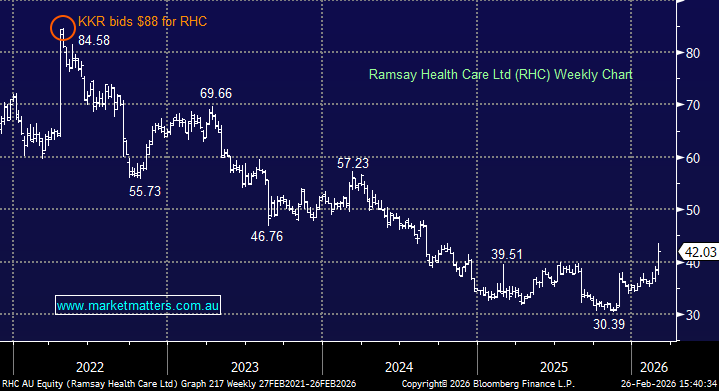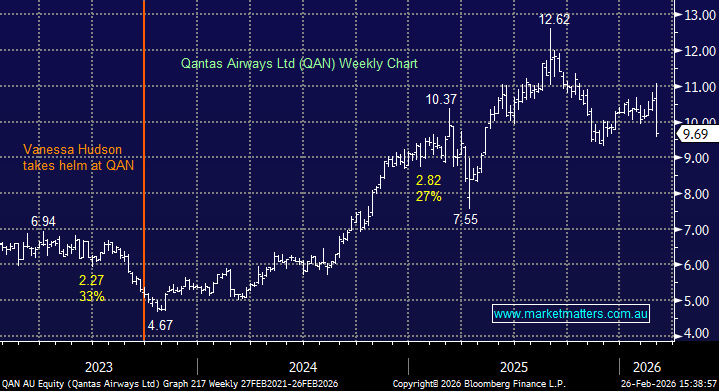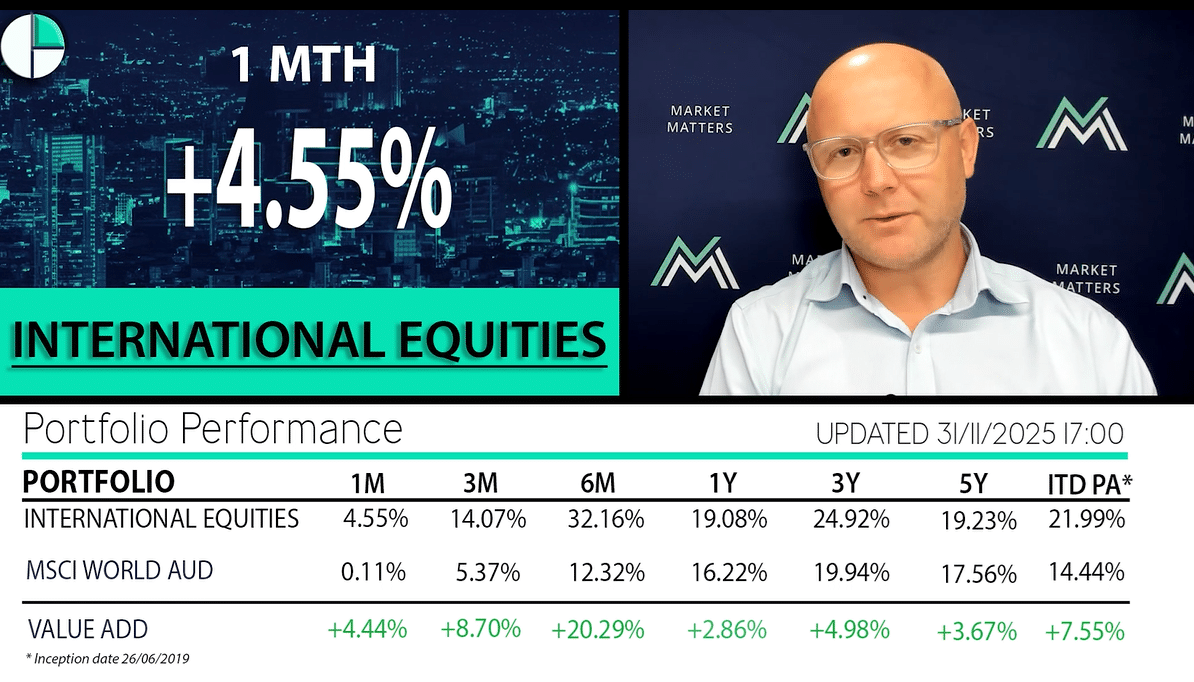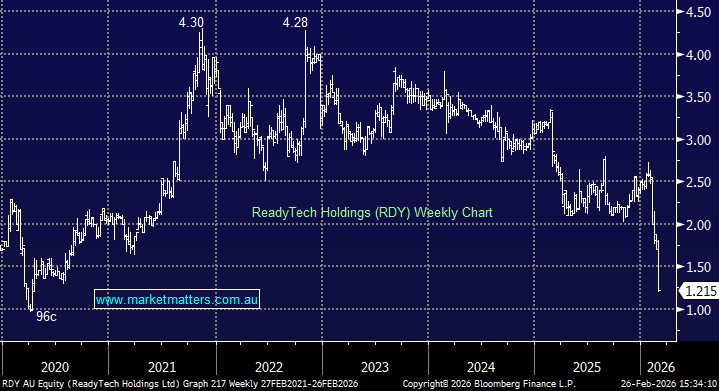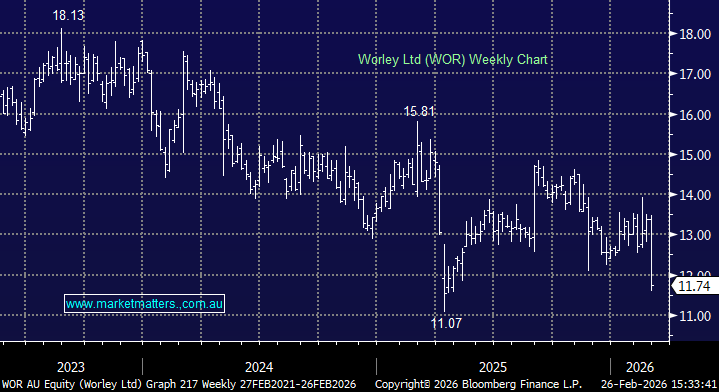ASX listed LIT’s – can they go bust?
Hi James and the MM team, Let me preface this by saying that it’s a purely hypothetical question with no particular company in mind! Private credit has been in the news a lot lately and it sounds inevitable that ASIC will be getting more involved about disclosure and transparency, especially for unlisted providers. Do you think it is possible for an ASX listed investment trust to go bust (I’m thinking mostly of those in the private credit or RMBS area)? Can you think of any sort of circumstances that could send a listed LIT to the wall? Obviously, they will have the occasional loans or assets in their portfolio that will go bad and they’ll have to write it off, but I would imagine that they could still collect on the other loans/assets. If they haven’t borrowed ridiculous amounts of money, is there anything else you can think of that could push an LIT over the edge and where the shareholders could end up losing their investment? Cheers, Carl


